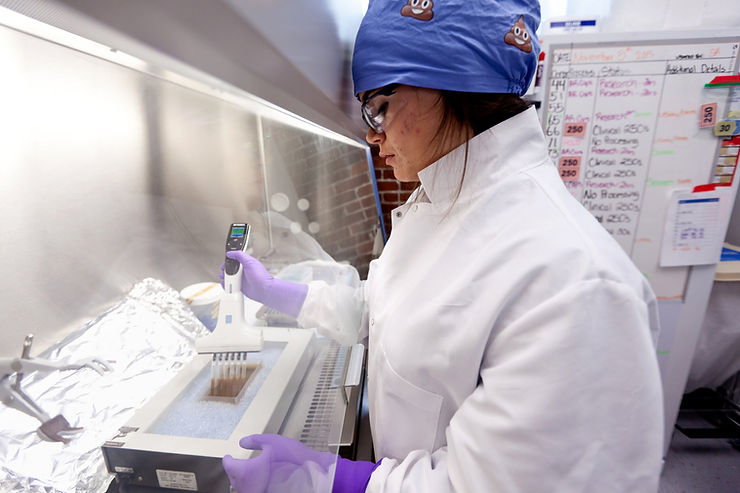By: Sophia Yingxuan Wang
One day your health will start deteriorating, but there seems to be a solution to maintaining your health for your whole life, and it’s not exercising.
Researchers, they suggest something you might have never thought of: using your stool (poop) to restore your health later on in life. This is done through a process called autologous fecal microbiota transplantation, or autologous FMT.
The digestive tract contains around 100 trillion microorganisms including bacteria, viruses, fungi and protozoa, making up the gut microbiome. The gut microbiome plays an important role in health and disease. All of these microorganisms are transferred with a stool sample. It is hoped that the microbiota will repopulate and bring harmony and health to their new environment.
Autologous FMT may be helpful in treating inflammatory bowel disease, obesity, and unhealthful aging, as well as rebuilding a patient’s gut microbiome after chemotherapy and heavy antibiotic use. However, more research is required to determine exactly how autologous FMT may benefit people.
Christine Kee Liu, an assistant professor of medicine at Stanford University, said ““I think there are significant hurdles, both logical and scientific, but I wouldn’t be surprised if this became a viable treatment in the next couple of decades.”
In reality, the procedure would look like this: A person’s stool would be collected and saved for later in life when they are young and healthy. After the stool has been cleaned and stored, it can be administered to a person in multiple different ways, including by enema, rectally, or during a colonoscopy.
When the bacteria in the gut are diversified, the gut is healthier. Patients in a 2022 study were more likely to develop heart failure if their guts had less biodiversity. Even though the stomach goes through rapid changes in late adulthood, older persons with more diversified intestines have a tendency to be healthier and live longer.
Over the past ten years, there has been an increase in study on the gut, with many scientists believing that a better comprehension of its intricate connections to the body and brain may alter the way many ailments are handled. The FDA is particularly interested in the creation of microbiome-based medicines and healthcare solutions. For instance, the FDA may soon fully approve a microbiome medication that is an alternative to FMT for the treatment of Clostridium difficile (a bacteria that causes severe diarrhea and inflammation of the colon) infections. It might be accessible by the beginning of 2023.
At nonprofit organization OpenBiome, which is also the first public stool bank to open in the United States, the pass rate for donors is only 3%. This cautious approach will lead to less stool samples being collected, but will also guarantee that nothing unwanted is passed with the stool. However, this will cause fewer samples to be collected. The solution may lie in donating when one is young and healthy and then using one’s own stool.
However, this treatment is only one possible tool in the arsenal for enhancing gut health. For some people, maintaining excellent gut health can be achieved through exercise, diet, lowering stress, and getting enough sleep.











